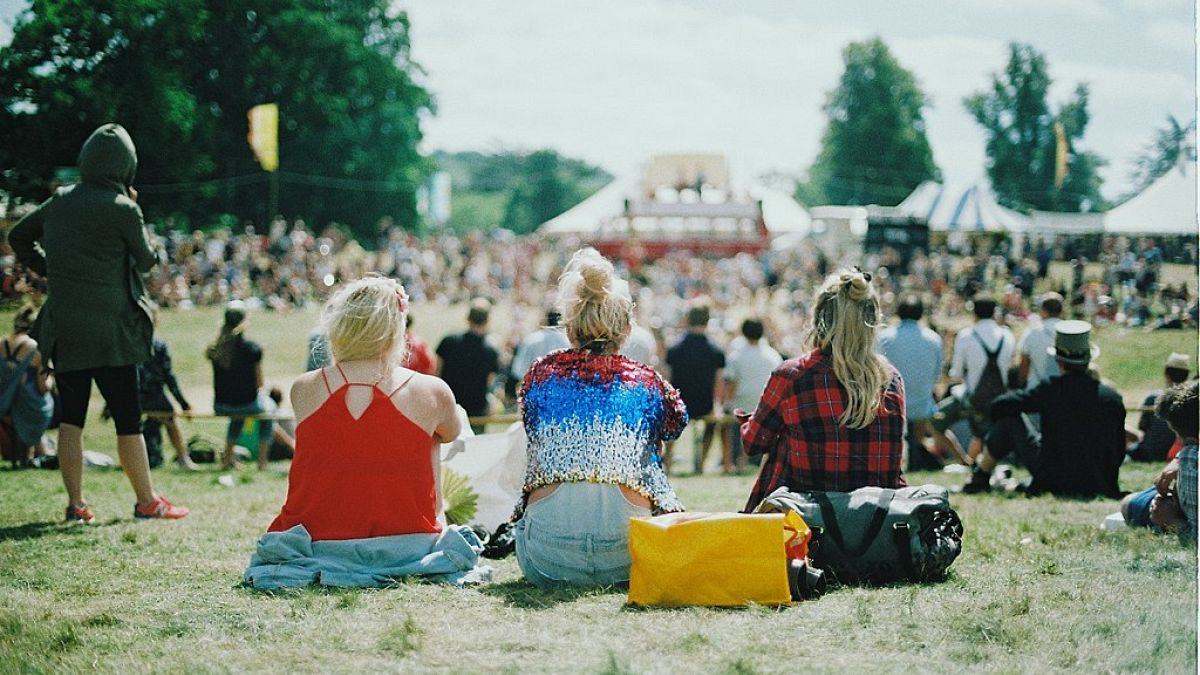What do you think? Is the festival discriminatory? Or do we need music events that cater for all tastes?
A music extravaganza in Sweden has been found to be discriminatory after advertising itself as being man-free.
The inaugural Statement Festival was held in Gothenburg in late August and was billed as the world's first to be free from men.
But Sweden's Discrimination Ombudsman (DO), which opened an investigation in July, ruled that by advertising itself as "man-free" the festival "discouraged a certain group from attending" and thus violated discrimination laws.
However, the festival was not sanctioned because DO cannot issue fines. Its probe also "did not find any person to have been discriminated against in connection with the festival's implementation".
"The decision should, however, be seen as guidance for Statement Festival and others who might plan to organise similar events," DO spokesperson, Clas Lundstedt, told Euronews.
In a statement on Facebook, the organisers of the festival said: "It's sad that what 5,000 women, non-binaries and transgender experienced as a life-changing festival made a few cis-men lose it completely.
"The success of the Statement Festival shows that is exactly what we need and the DO's verdict doesn't change this fact. Otherwise, we have no comments. We are busy chanigng the world."
Cis-men are considered those whose biological gender is consistent with their legal, social and perceived gender: essentially men who identify as males.
The festival was organised after a spate of sexual attacks were reported at Swedish festivals in the summer of 2017, including the country's biggest, Bravalla, whose 2018 edition was then cancelled.
A crowdfunding appeal launched by comedian Emma Knyckare raised the 500,000 SEK (€48,400) needed to book Statement's venue in just three weeks.
Still, worries the event might be banned led the team to consider registering the festival as a sporting event, which allows the separation of gender in Sweden.
But allegations of widespread sexual abuses and the subsequent birth of the #MeToo movement consolidated their belief that a "safe space" was needed and that the festival would remain so "until all men learn how to behave themselves".
Its formula attracted a lot of attention and more female musicians registering in advance of the event than there were slots to accommodate them.
It also provided the team with many challenges as every person working in the event had to be female — from catering to technical teams and security personnel.
In its statement, DO acknowledged that sexual abuse at festivals "is a serious problem" and that they are "looking forward to trying to correct this".
"However, it shouldn't happen in a way that violates the law, which their statements in the media and their website do," it added.
What do you think? Is the festival discriminatory? Or do we need music events that cater for all tastes? Let us know in the comments, below.
